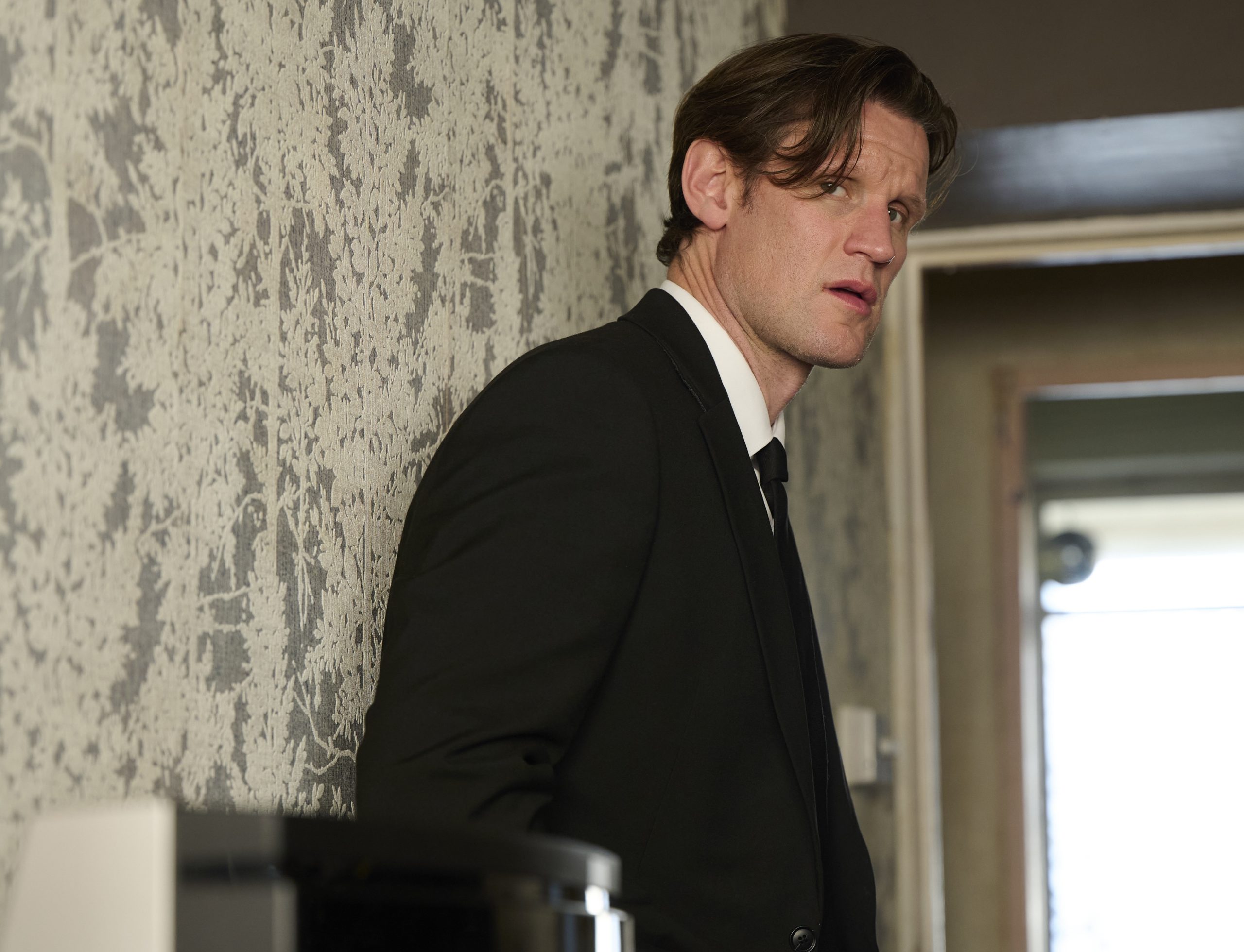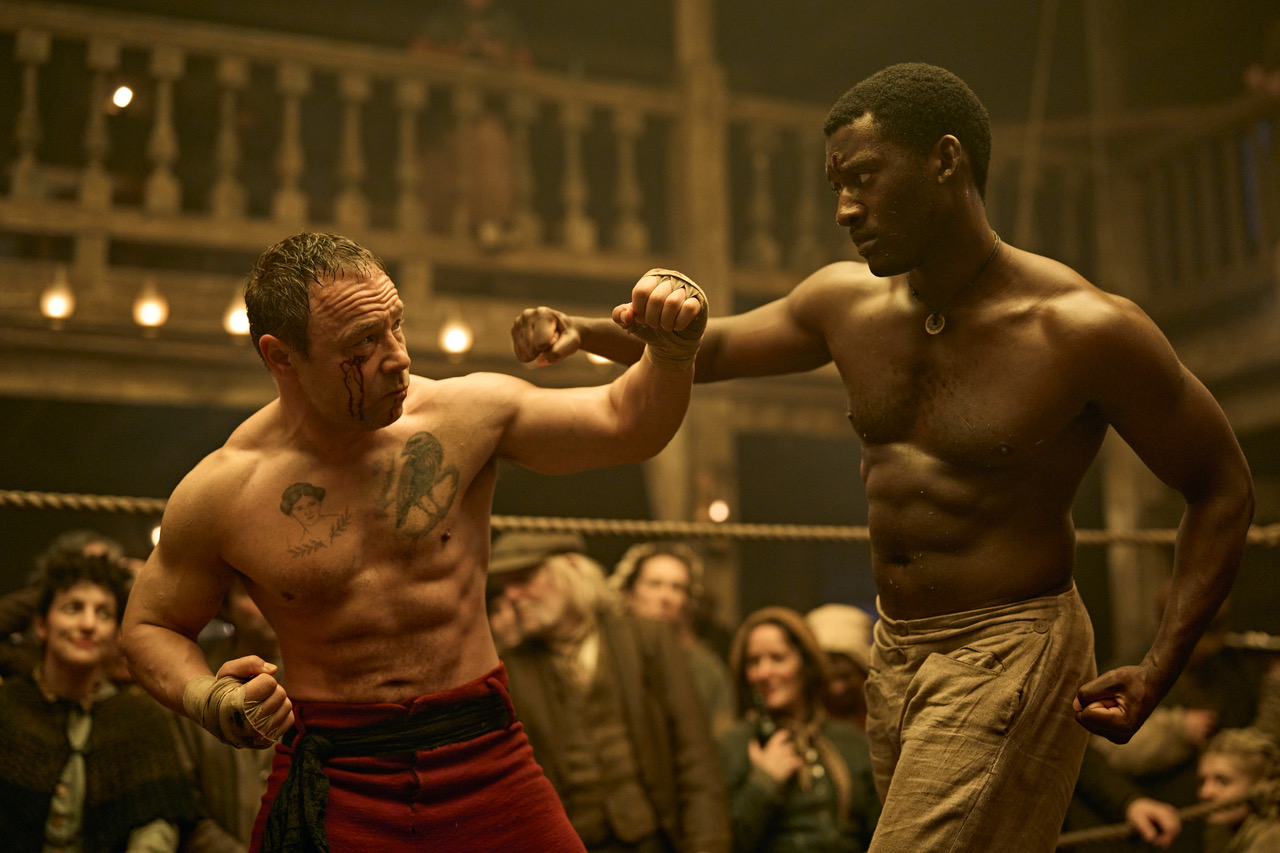It isn’t quite the Kit Kat Club — where he is in the midst of playing one of musical theatre’s famous roles, Cliff Bradshaw in the West End production of Cabaret — but it will do.
Ahomka-Lindsay is charming and open, and at only 27 has built up an impressive roster of stage roles, having garnered a WhatsOnStage Award nomination and winning a Black British Theatre Award for his performance in the musical Newsies. In October, he heads to Bristol’s Old Vic to perform opposite Elanor Tomlinson in Reverberation from Tony and Olivier award-winning Matthew López.
Right now, though, Cabaret feels timely. France may have narrowly escaped a right-wing government, but the wider political landscape is still tense, still poised and waiting. Against this backdrop, Ahomka-Lindsay knows the musical he’s in is more than just a few hours of escapism. Over coffee and muffins, he tells 1883 about quitting med-school to pursue theatre, his international upbringing, and where he sees himself next.
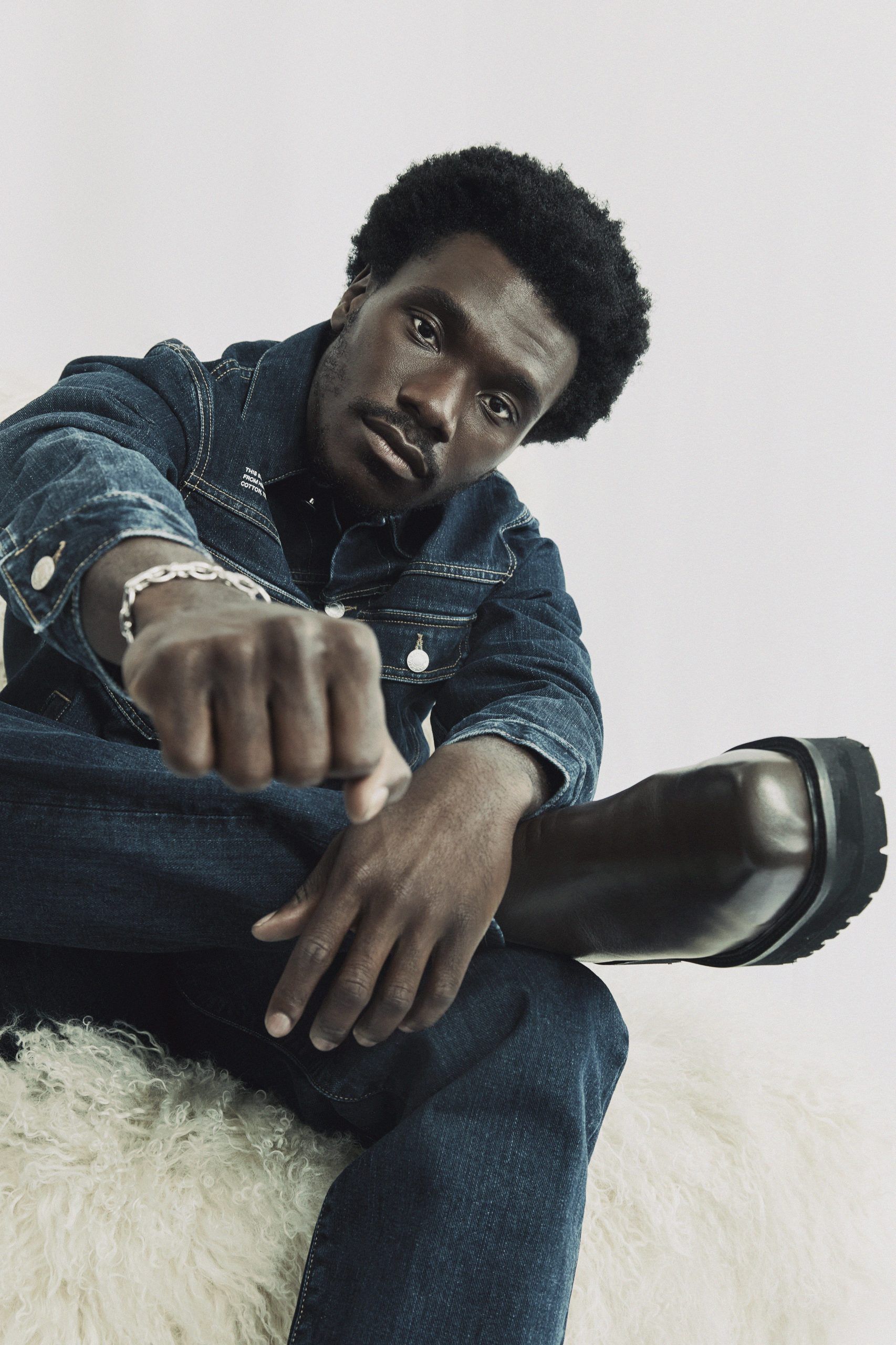
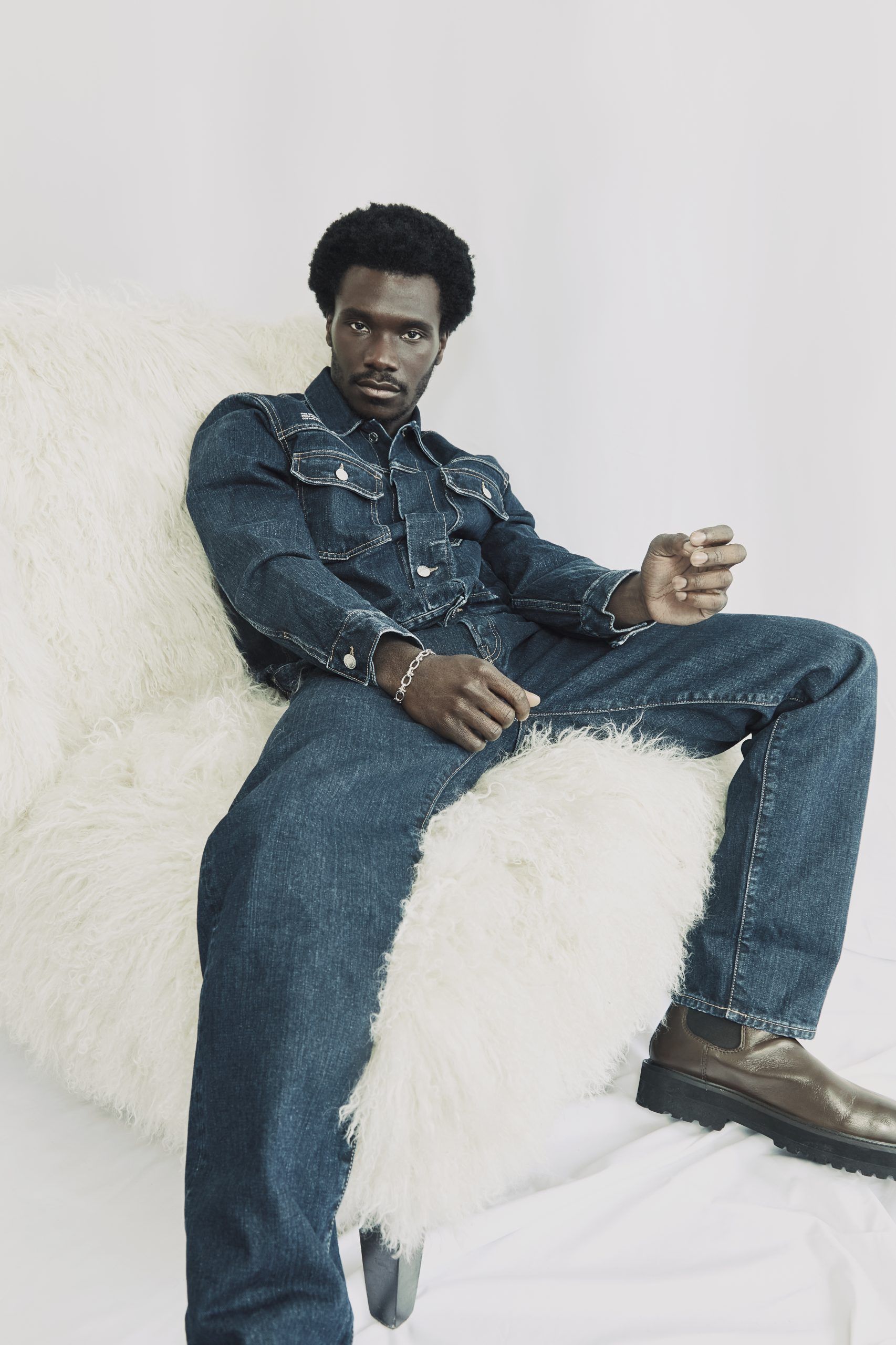
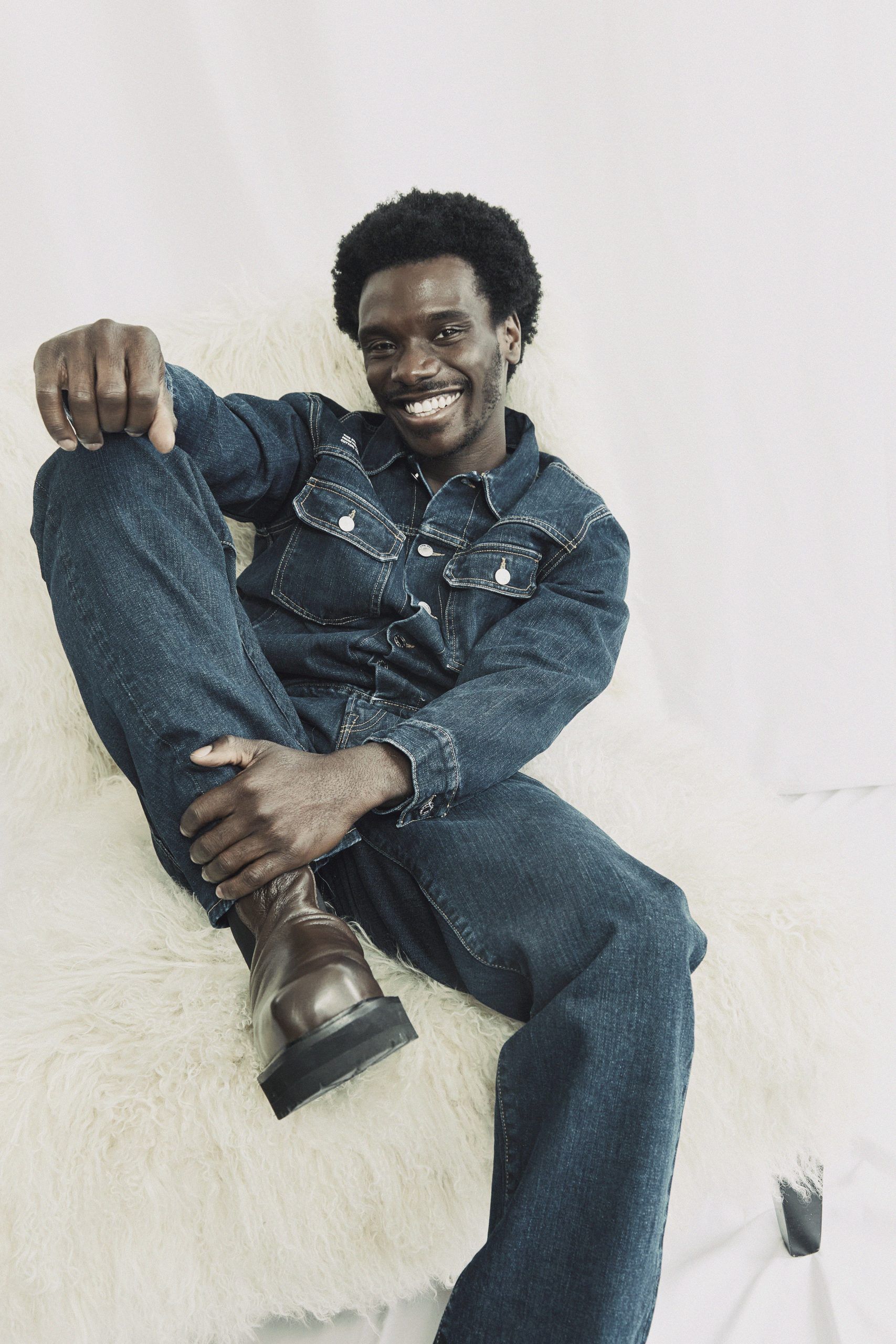
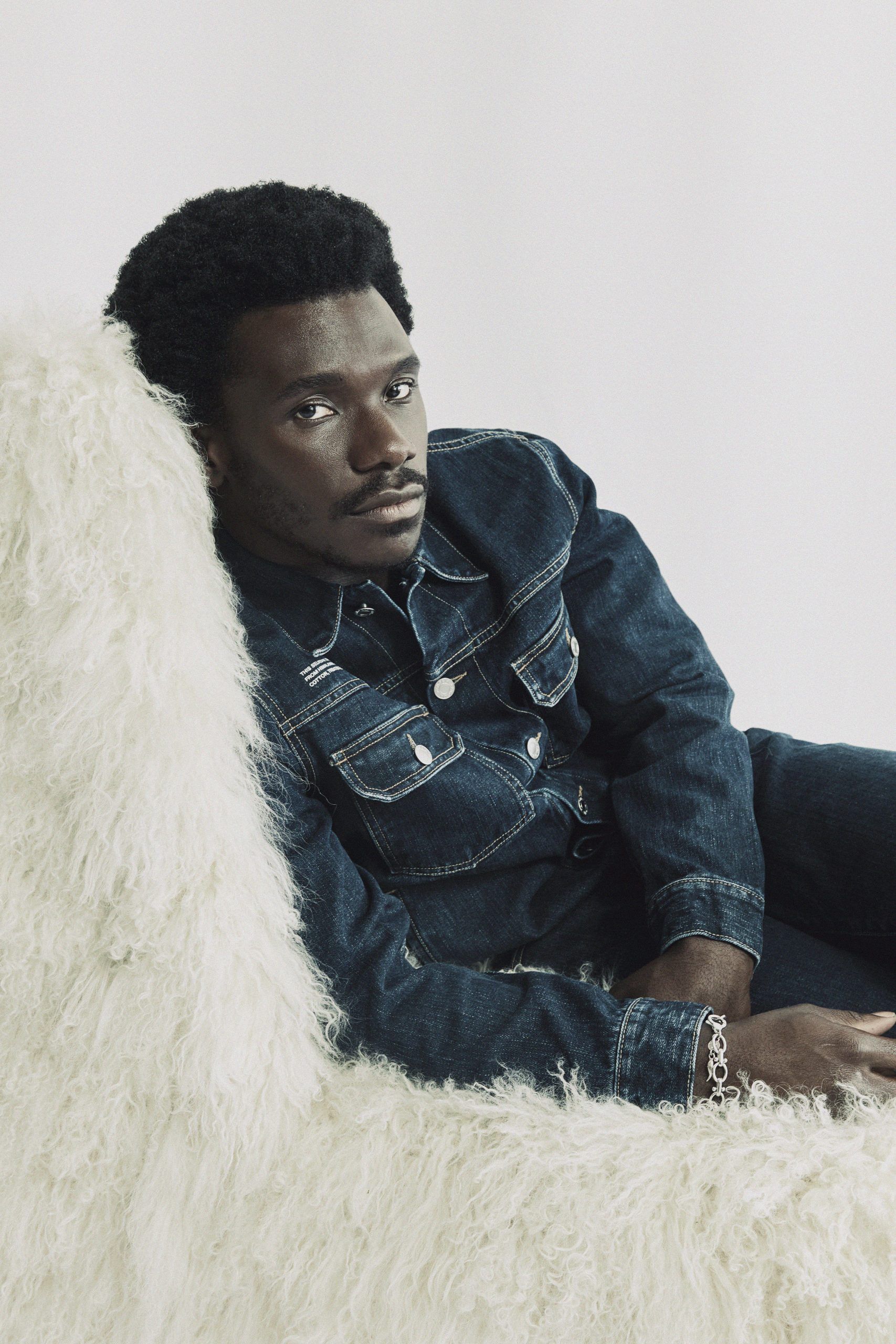
Cliff has a wanderlust energy to him when he arrives in Berlin, which is sort of slowly unpacked over the show. How much of your own upbringing and living in various places did you lean on to inform the performance versus allowing the writing to lead?
I think it’s a balance of both. You do some projects, and you’ll find that you can kind of just focus on the presence of the person in front of you, and the writing just takes you to a place. So, it’s definitely a balance to allow what’s on the page to do that, and not needing to kind of push through it too much.
But at the same time, it is relatable and it’s really useful to find things to connect with in a script when you’re trying to empathise with why someone is doing something, or how they may potentially feel about what happens to them. Having that kind of life experience that relates to the story just makes it easier to empathise.
I’ve spent the majority of my life jumping around to different places and trying to find my way to where I feel most at home, to the community that I felt embraces most who I am. I think that is very relatable for anyone.
It’s so interesting you bring that up because – and it’s always so weird to say this but I googled you before this —
I googled you too! You’ve gotta do it right.
Oh god! I mean you do! So, I saw that you had left med-school to pursue theatre. What was the route that took you to that decision?
I was one of those kids that just said yes to everything. Because I was moving around a lot as a kid, and being in the position of being the new kid constantly, you’re sort of like going ‘Okay, how do I access this new space? How do I meet people?’ So, I joined all sorts of clubs and I’ve been doing that since I was really, really young. I always felt like performing was something that – alongside all the other things I did like sports – I would never want to go a year without doing.
As I got older I started to think and search, and people start asking “what’re you doing with the rest of your life?” – I didn’t have any family in the creative world really, so I didn’t understand how one accesses it. I didn’t understand how it could possibly happen and therefore I didn’t believe it would happen
I always used to say, I have sort of reserved performing as my dream dream. So, I made a decision to go into science. I sort of saw that as my realistic dream right?
You kind of just allow the perspective of freelancing being scary to get in the way. It’s not to say that I didn’t enjoy medicine, but it was never my thing. It wasn’t the thing that made me want to wake up in the morning. My med school flatmates would say ‘you’ll never miss a rehearsal; you’d miss a lecture though.’ So, I had to make the decision to live for myself and follow my dream dream.
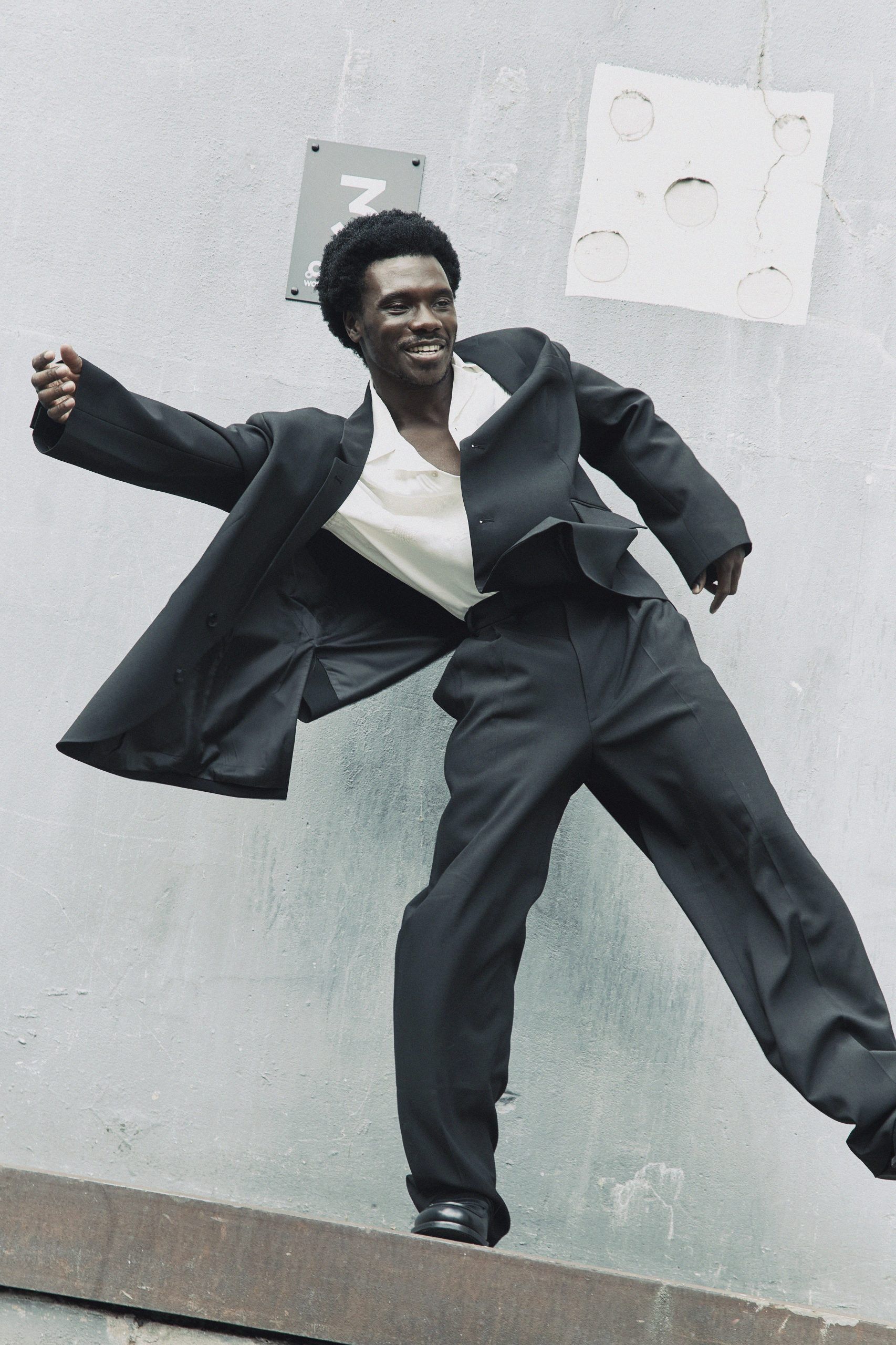
What was that transitional period in life like for you?
My mom was really supportive. And I remember also thinking, because I’ve used all my student loan up, how am I gonna afford this? Then you’re looking for scholarships because it’s like ‘oh my gosh how do I make this work logistically?’. So, when I got the Andrew Lloyd Webber Foundation Scholarship – that was a moment of like, ‘okay, right, it’s happening!’
Do you see musical theatre specifically as your niche, or your path, and are there other theatre experiences that you’re interested in doing?
I want diversity and variety. I’d love to do things on screen. There’s a beauty in theatre of imagination and sort of creating and crafting the space between you and your fellow actors. But at the same time, it’s also an incredible thing to walk onto a set and to be immersed by that space.
In Cabaret, the show really is dealing with the encroaching fascism and how the different characters deal with that. In particular, as a Black man playing a role that has been traditionally viewed as white, how much of your awareness of your personal identity influences the way you portray Cliff and the show?
It sounds like a strange thing to say. But every character I play is black. So, therefore, it does influence the way the character is portrayed and understood. For one thing, it’s about understanding ‘why would Cliff, as young black man, move from the USA to Germany in postwar Berlin?’. But there’s also the sense of wanting to pursue queer liberation. And so there are things I’m considering and trying to understand in terms of the history of these things. I have to reconcile with how, you know this is around the same time as the Harlem Renaissance in New York. There’s a whole world building that’s happening to fill in this perspective on the slip into fascism
To me, in the end, there’s such a new level of justification in the way Cliff reacts, not just because he’s queer but being a black man too.
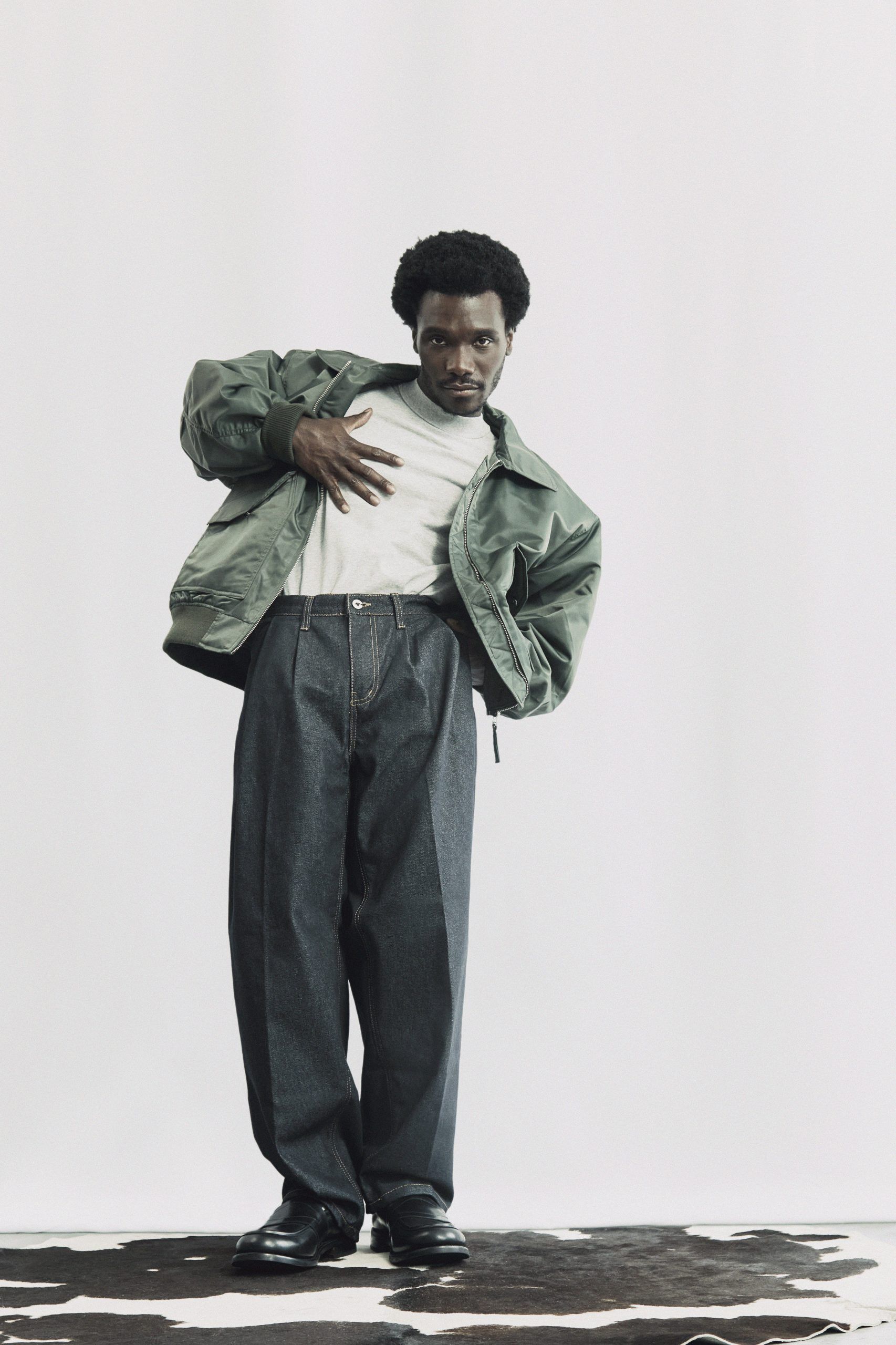
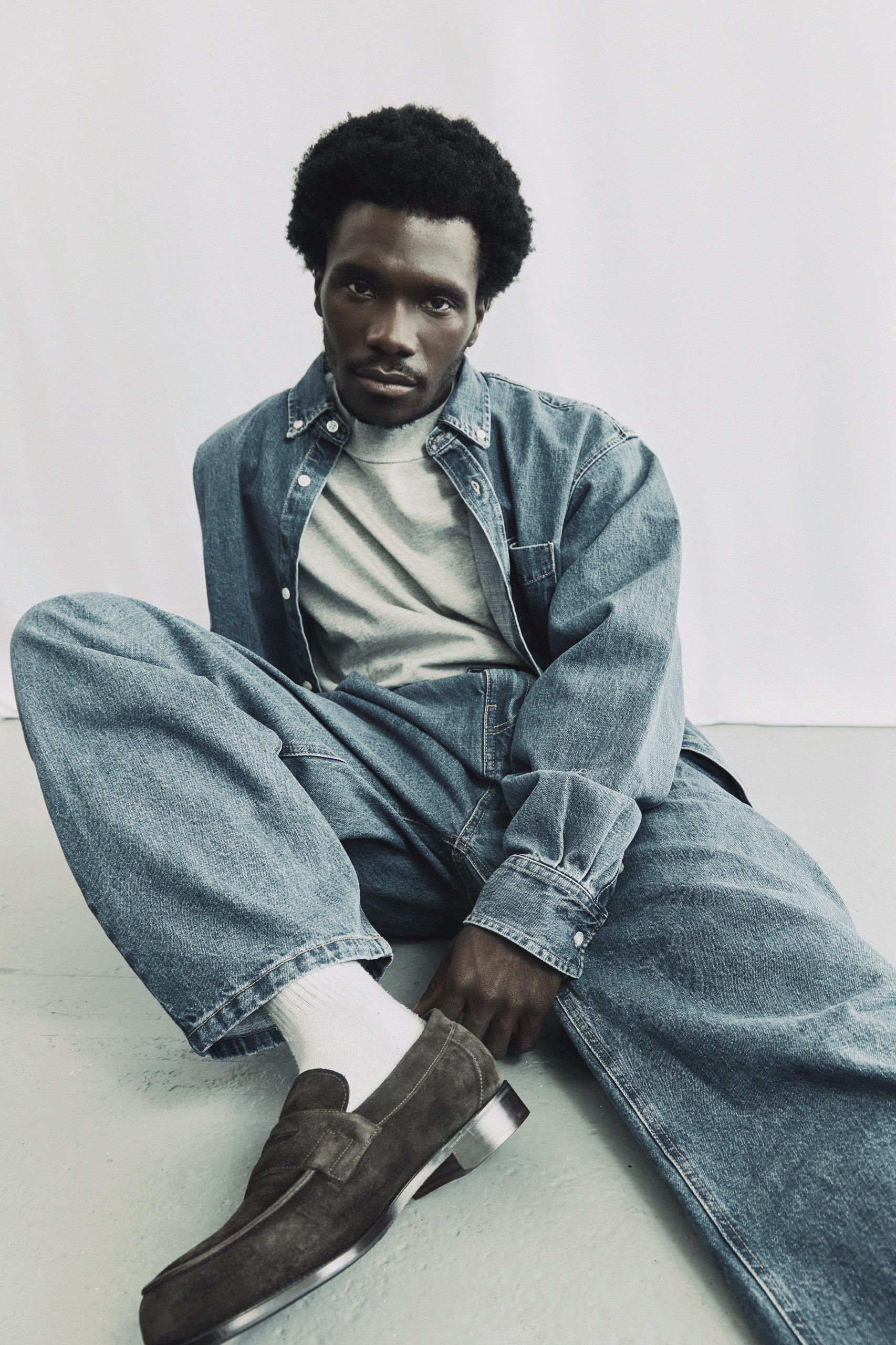
When you do all of this world building and internal work, is there a point at which you want the audience to know that that’s the context? Because an audience could choose to see it as a ‘colourblind’ casting experience, which often defaults to white. Do you feel like maybe the audience is missing a trick if they view it that way?
I sort of don’t believe it’s possible to not see it, you know? It’s impossible not to see the identities of people on the stage in front of you. And in those contexts, especially when the piece is so political, and so historical — you just can’t ignore it. And you shouldn’t.
I wouldn’t want to manipulate or manage what the audience feels or how they receive something. I’ve been in that place before where I’ve tried to micromanage how things affect the audience. My job was just to do it, live it, be it, connect, empathise, be moved, and know what’s going on around me. It’s the audience’s job to believe it and see it and then find meaning in it.
In that vein, do you read reviews of your own work?
Yeah, but you definitely have to be conscious of what opinions you allow in. Everyone is allowed to have an opinion. And we’re also all allowed to decide what we listen to. If I ever do come across something that is jarring, it’s just about remembering that everyone brings with them their own perspectives, and own life experiences and things that are going to draw them to their opinion.
The truth is, when I watch something – I usually think “Oh, what did other people say and think about it?” it’s part of the enjoyment, you are part of the community surrounding that thing. The conversations that pop up are part of the fun of engaging with the art.
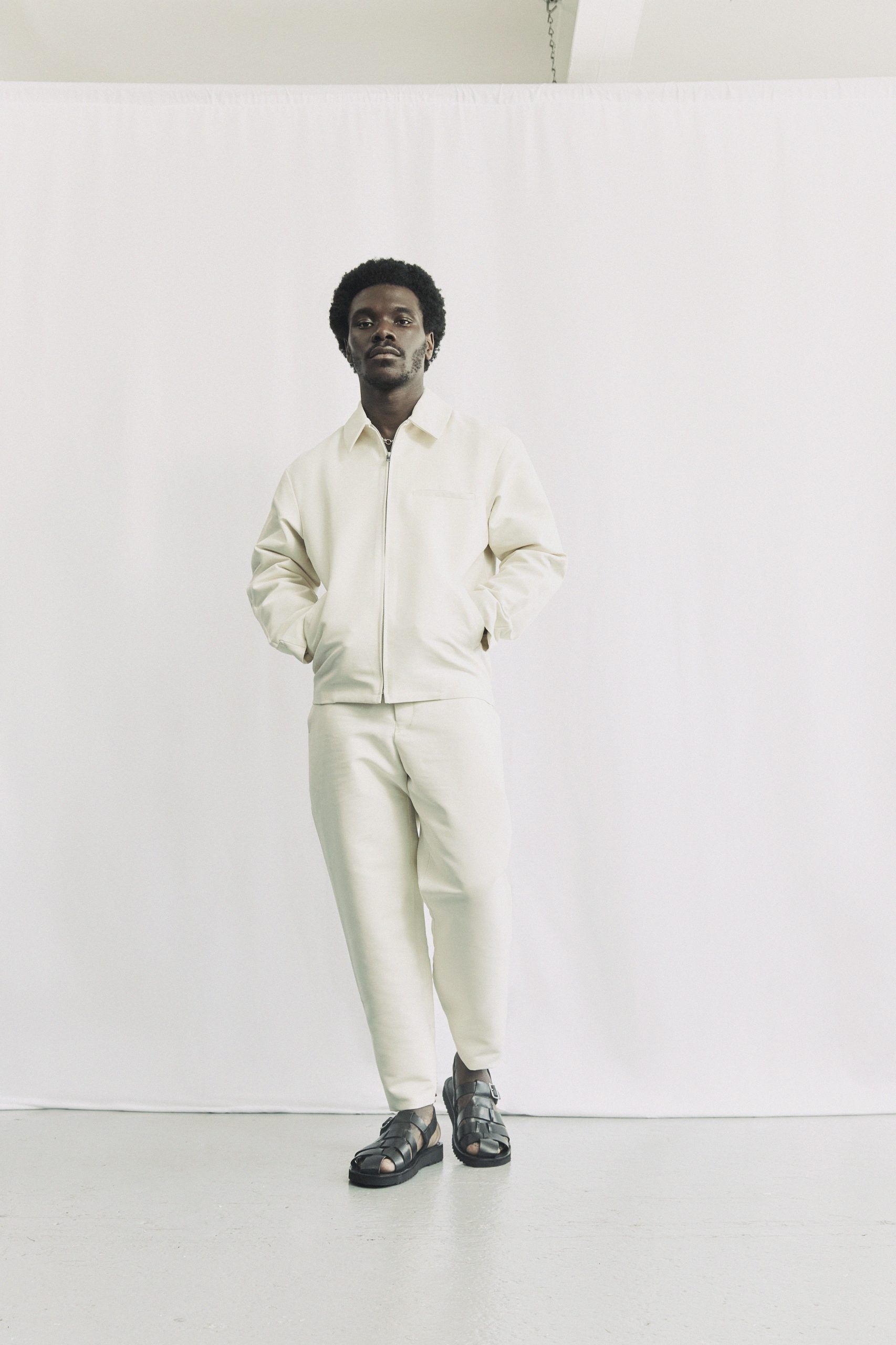
Interview Gabriella Geisinger
Photographer Eddie Blagbrough
Styling Prue Fisher
Grooming Nosa Iyobhebhe



